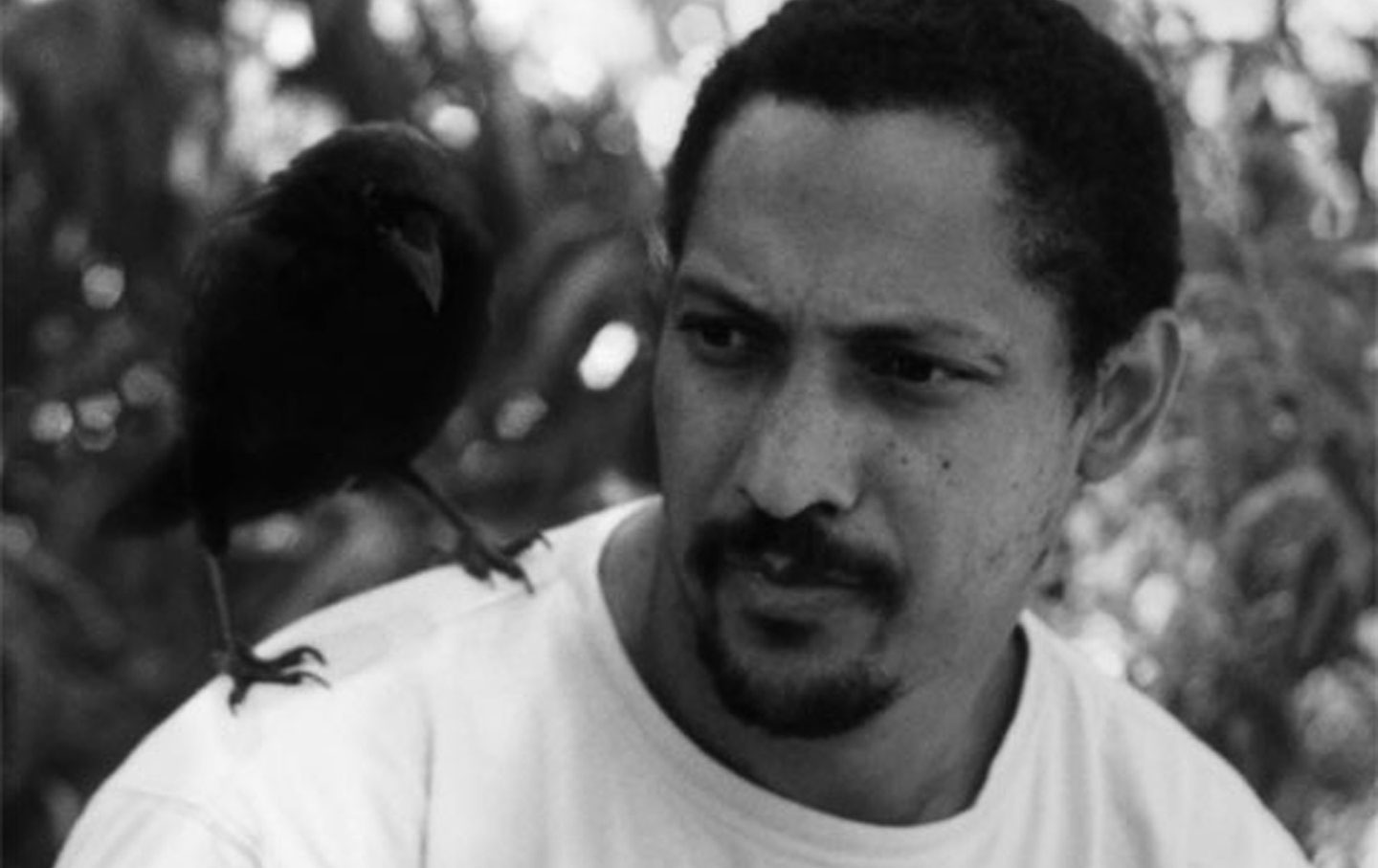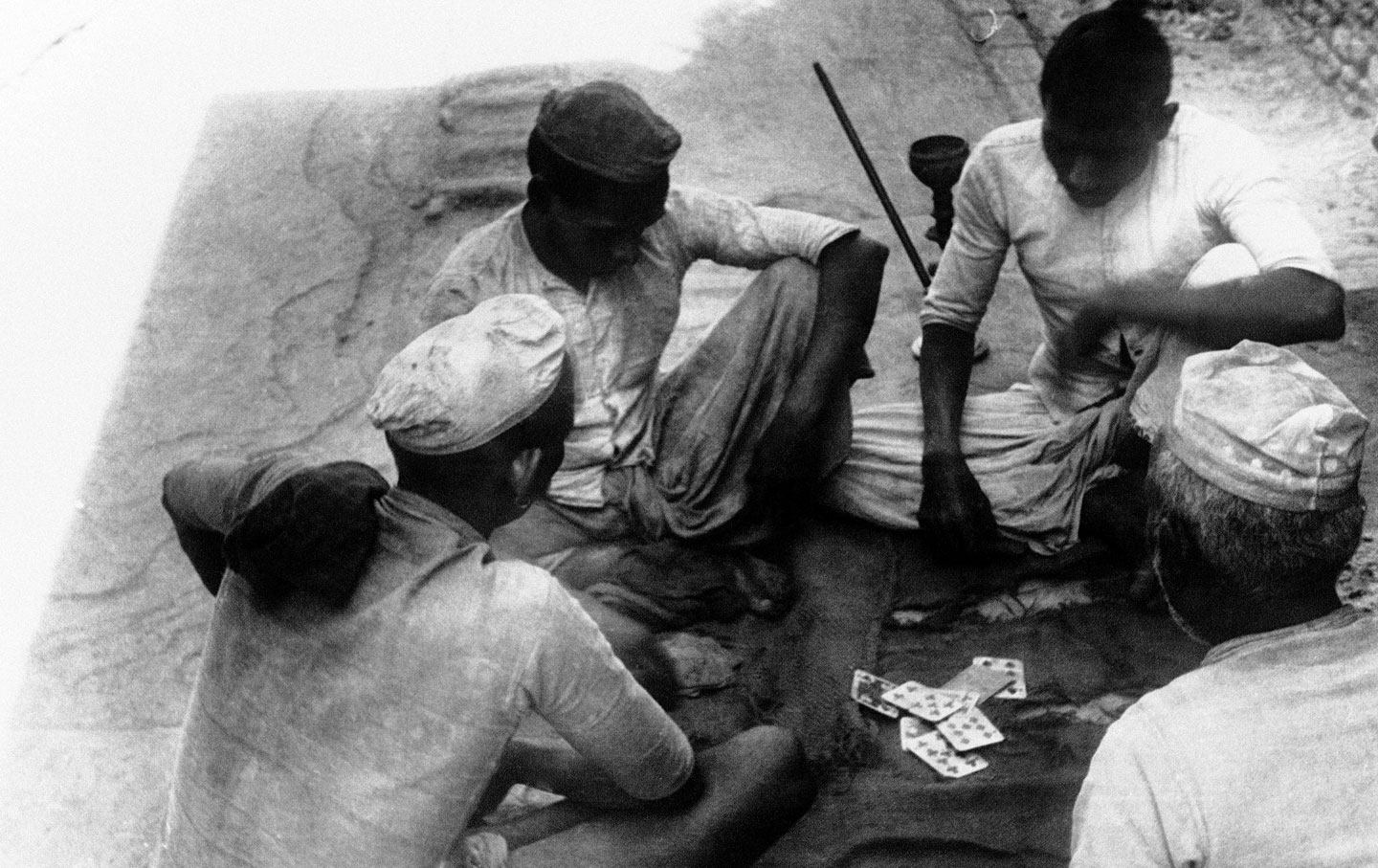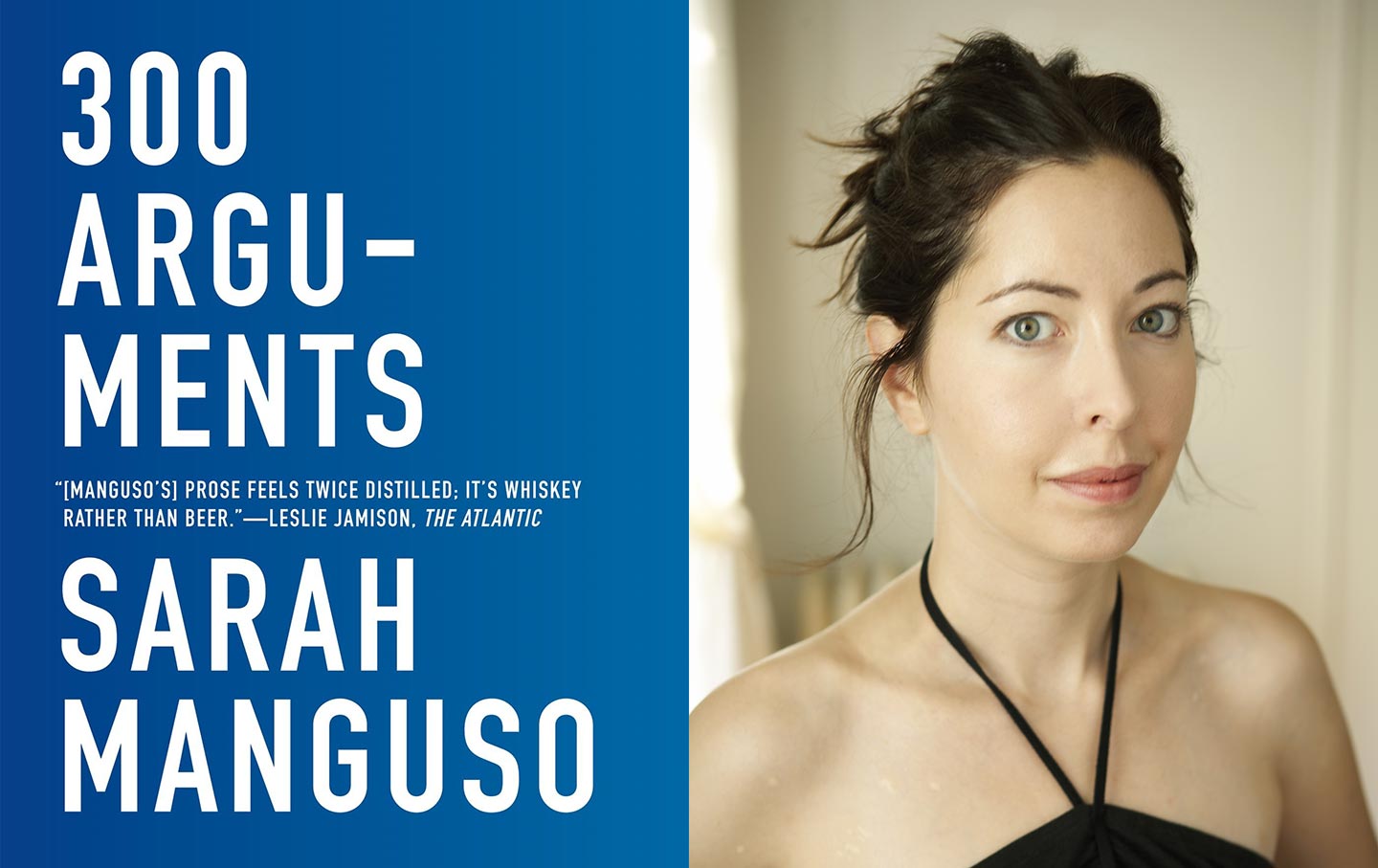
Percival Everett’s Abstract Art Percival Everett’s Abstract Art
His new novel, So Much Blue, is a meditation on seeing and abstraction, and it might be key for recognizing a new form of literary social critique.
Jun 26, 2017 / Paul Devlin

Mary Gaitskill Remains Open to Opposition Mary Gaitskill Remains Open to Opposition
The closest thing we get to a precept in Somebody with a Little Hammer is that we should all try to learn to think for ourselves—and, even then, things can go wrong.
Jun 19, 2017 / Larissa Pham

Hwang Jungeun’s Noisy, Crowded Space Hwang Jungeun’s Noisy, Crowded Space
It’s rare for a novel to be so dense in social meaning, and yet so lightly composed.
Apr 14, 2017 / E. Tammy Kim

Caught Between Modernity and Tradition Caught Between Modernity and Tradition
With sympathy and ruthlessness, U.R. Ananthamurthy’s novel Samskara gives shape to the mutinies that raged within mid-century India.
Mar 20, 2017 / Ratik Asokan

The Model of Perfection in Morgan Parker’s Poems The Model of Perfection in Morgan Parker’s Poems
The poet allows the struggles and the messiness of life—with a particular focus on black womanhood—to breathe.
Mar 17, 2017 / Books & the Arts / Christopher Soto

Sarah Manguso’s Existential Aphorisms Sarah Manguso’s Existential Aphorisms
In 300 Arguments, the author’s rejection of the conventions of storytelling helps reinforce the sense of her own smallness.
Mar 16, 2017 / Michele Moses

Sick for Home, Nauseated by Home Sick for Home, Nauseated by Home
The lens of Ottessa Moshfegh’s Homesick for Another World is, almost without exception, fitted close-up on conversations, petty rumination, and squalid interiors.
Feb 14, 2017 / Hannah Gold

A Catalog of Cadavers A Catalog of Cadavers
Claudia Salazar Jiménez sets out to conjure the experience of atrocity in Peru with her debut novel, Blood of the Dawn. The result is disquieting—though not in the way you’d e...
Dec 30, 2016 / Ratik Asokan
Letters From the December 19-26, 2016, Issue Letters From the December 19-26, 2016, Issue
Return of the repressed… Book therapy… Happily enough ever after… Dylan revisited… Bentham’s revenge…
Dec 1, 2016 / Our Readers and Samuel Moyn

The Personal Is Political, But Not Always Fictional The Personal Is Political, But Not Always Fictional
What is the novelist Intizar Husain’s theory of Pakistani history?
Nov 19, 2016 / Ratik Asokan
